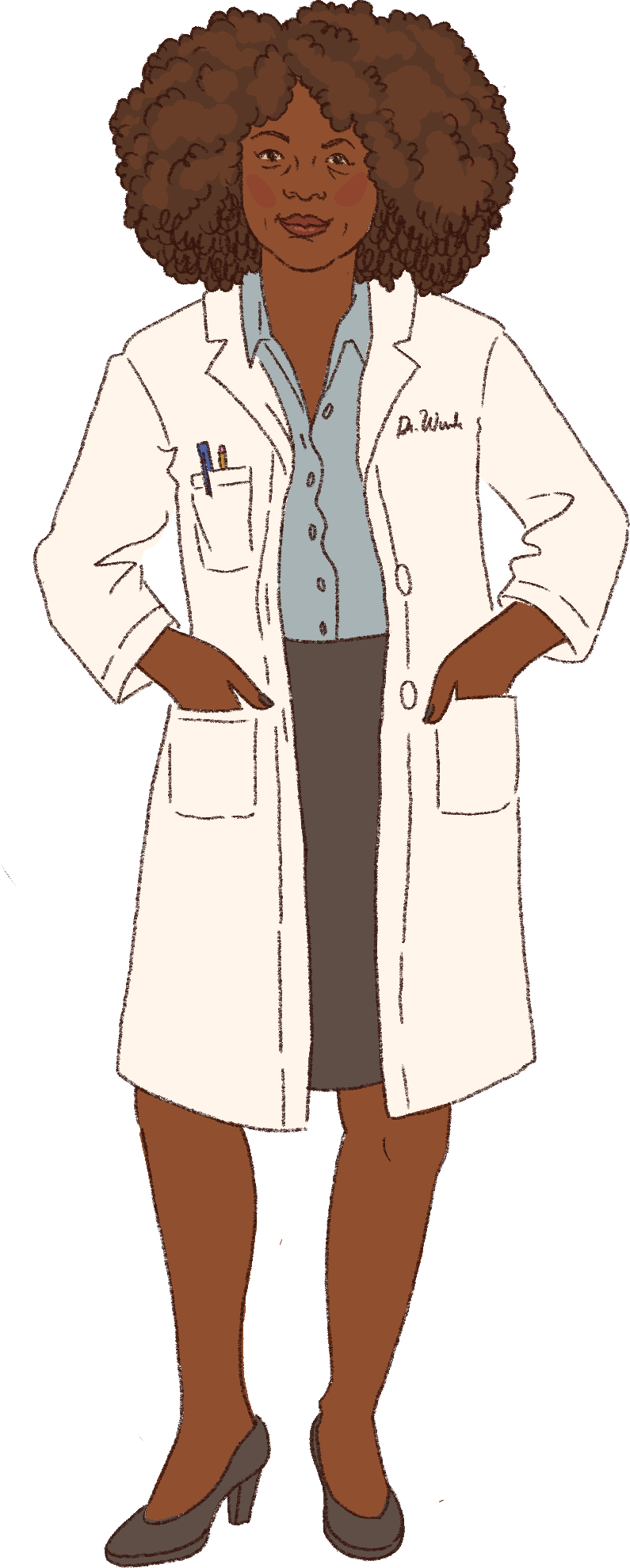We all have expectations that shape what we need and want from our relationships, and our expectations may not all be the same.

Find a clinic
Looking for reproductive health services, like STI testing or birth control? Look no further ;)

Find a clinic
Looking for reproductive health services, like STI testing or birth control? Look no further ;)
Signs of an unhealthy relationship
Unhealthy relationships can impact how you feel about yourself, and can be harmful to other parts of your life.
Unhealthy dynamics can influence your mental health, your other relationships, as well as your schoolwork and hobbies. By recognizing signs of an unhealthy relationship, we can shift to healthier behaviors and take care of ourselves.
Swipe through below to learn about different signs of unhealthy relationships.
How to get support and support others in unhealthy relationships
Figuring out if your relationship is unhealthy may not be straightforward. For example, we may feel love for someone, but find we're always stressed out around them. Ultimately, you know your mind and body better than anyone else. If you find a relationship in your life is making you unusually stressed or feel bad about yourself, it may be time to ask friends, family for help or seek help from a professional source.
If you see that a friend is experiencing any of these things in their relationships, the most important thing is to let them know you are there for them. The feelings people have in an unhealthy relationship can be complex and confusing. Just letting them know that they deserve respect, open communication, and to feel good in their relationships can be helpful.
Whether for yourself or for a friend, there are resources that can help.
Explore other healthy relationships topics
Find a clinic
Looking for reproductive health services, like STI testing or birth control? Look no further ;)


Take a clinic tour
We hope to prepare you for all parts of your clinic visit, so you know what to expect before, during and after your appointment.
START YOUR TOUR


